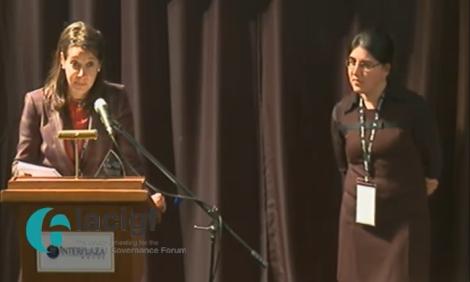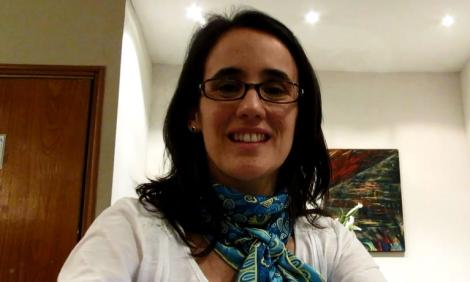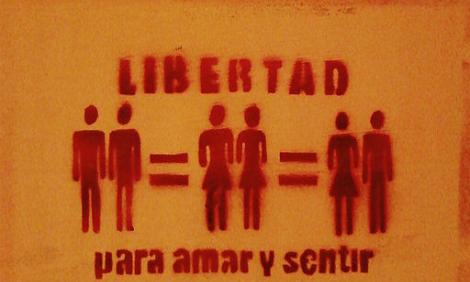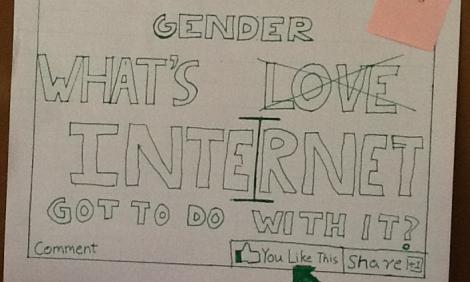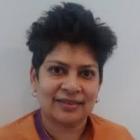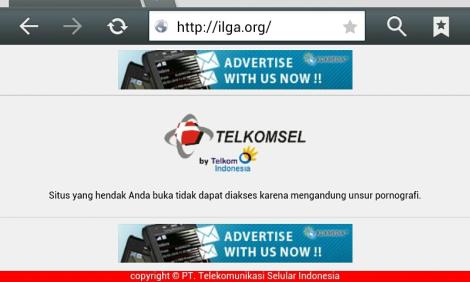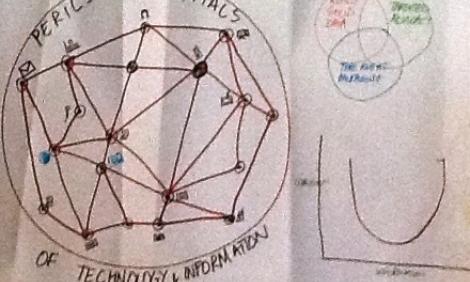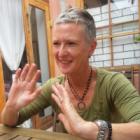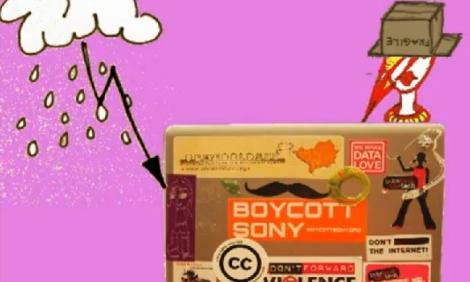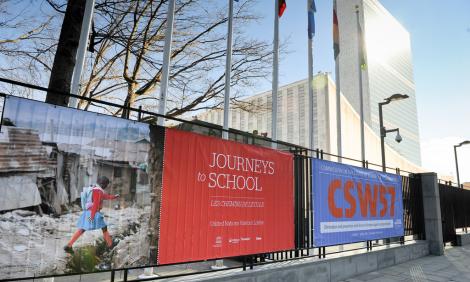In depth
Let's talk about gender analysis in the LAC IGF
By Flavia Fascendini
The APC Women's Rights Programme attended the preparatory meeting prior to the Latin American Internet Governance Forum held in late August in Córdoba, Argentina. Attending were Erika Smith, Dafne Sabanes Plou, and Flavia Fascendini. The Spanish language editor of GenderIT.org interviewed both feminists to analyse whether the internet governance debate still marginalises gender issues, or if they…
In depth
"We have to respond to discriminatory discourse with more discourse": Natalia Gherardi on symbolic violence
By Flavia Fascendini
Mother and wife, housewife, caregiver, submissive, fragile. Or bad, crazy, bitch, witch. All are sexist gender stereotypes that speak to what, socially and culturally, a woman is considered to be, or not be, and what she should, or should not, be. How do we dismantle this sort of invisible violence? How do we challenge discriminatory gender stereotypes and label them publicly as being negative,…
In depth
Survey on sexual activism, morality, and the internet
By APC
Has the internet become an indispensable tool for feminist and LGBTQI advocacy? How savvy are sexual rights activists in handling the legal and technical issues that come along when they use the internet? How do they negotiate online threats and restrictions? Activists from around the world addressed these and other questions through a global online survey on sexual rights work and the internet.
In depth
Tangled, like wool - Sex, sexuality and the internet in India
By Bishakha Datta
A recent survey of sexual rights activists in India shows that most consider the internet an integral part of their activism. Tangled, Like Wool explores several intertwined questions arising from this: What does the internet bring to sexual rights activism? Do the online and the offline complement each other in this kind of activism? How does keeping the internet free and open strengthen…
In depth
Indonesia: Put sex on the internet!
By Kamilia Manaf
This article by Kamilia Manaf and Ni Loh Gusti Madewanti describes how the discourse on sexuality in Indonesia is becoming more political and part of the public sphere due to the impact of the reformations begun in 1998. However, while the internet has provided a space for the advancement of sexual rights in Indonesia, discrimination and violence against LGBT groups and women in Indonesia that…
In depth
How activism shapes your experience of being a citizen on the internet
By Jennifer Radloff
What does it mean to use the internet freely and fully? What freedom do you have to express who you are, how you live your life, what you desire, dream and believe in on the internet? And how safely can you communicate, contribute, exist, navigate and be in the spaces online that can so powerfully connect you to communities and knowledges that build our sense of self? This article written by…
In depth
Women in the Information Society: Participating in development and ICT policy
By Dafne Sabanes Plou
One of the main complaints by women during the discussions at the World Summit on the Information Society (WSIS) focused on the need for more women to participate in decisions about the development of the Internet, and the discussion and implementation of public policies aimed at building an inclusive information society, without discrimination based on gender or any other grounds.
In depth
Reflecting on tech-mediated violence against women in Bosnia and Herzegovina
By Selina L. Mudavanhu
This interview conducted by Selina Mudavanhu from the African Gender Institute, University of Cape Town (South Africa) with Leila Seper, member of OneWorldsee in Bosnia Herzegovina (BiH) and responsible for the ‘Take Back the Tech!’ campaign and networking, reflects on the work developed by OneWorldsee, a civil society organization that works on online spaces and is one of the partners of the…
In depth
Technology and violence against women @ CSW57th: "Both NGOs and states raised this as an issue of concern"
By Sonia Randhawa
The 57th meeting of the Commission on the Status of Women met in New York from 4th to 15th March. This year the major theme was the 'Elimination and prevention of all forms of violence against women'. Chat Garcia Ramilo and Jan Moolman from the Association for Progressive Communications' Women's Rights Programme were there, and spoke to Sonia Randhawa about what the CSW is, why it is important…
In depth
Philippines: “If no justice is given to the survivors/victims then the laws become useless”
By Esther Nasikye
Violence against women in the Philippines is considered a public crime. According to the Philippines National Demographic and Health Survey, one in five women aged 15-49 has experienced physical violence since age 15. The advent of computers and internet exposes women to another dimension of violence. GenderIT.org writer, Esther Nasikye, talked to Foundation for Media Alternatives about the forms…

